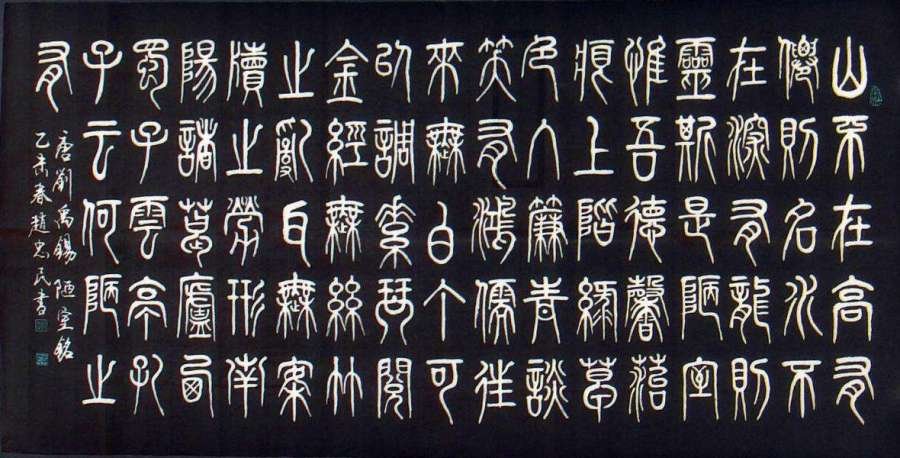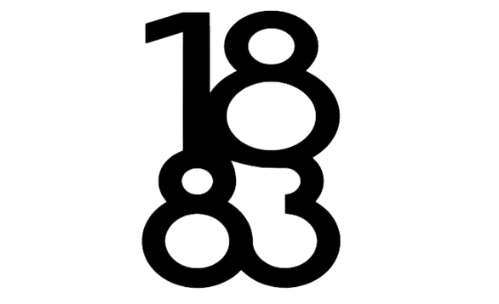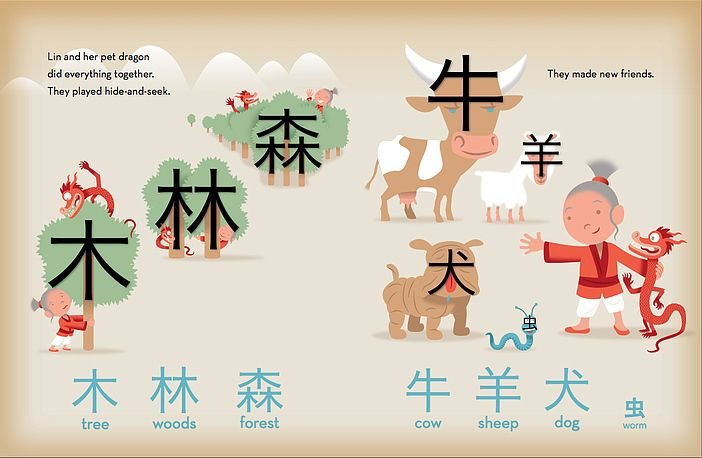Introduction
The internet is filled with fascinating and sometimes odd forms of expression. One such phenomenon is copypasta—a term that refers to blocks of text copied and pasted across different forums, social media sites, and online platforms. Copypasta can be anything from jokes and memes to walls of text meant to overwhelm or even annoy readers. Among these, chines echaracter copypasta has carved out a unique place.
This type of copypasta is characterized by long strings of Chinese characters, often used repetitively or excessively, to create an almost overwhelming visual effect. It may look like a block of meaningless characters to someone unfamiliar with the language, but it often serves various purposes, including humor, satire, and even sarcasm. It’s a perfect example of how online culture borrows elements from different languages and scripts to create a new, often strange form of communication. This article will take you through the origins, uses, and cultural impact of chines echaracter copypasta.
Origins and Background
The roots of chines echaracter copypasta can be traced back to online forums and chat rooms in East Asia, where users began experimenting with different forms of text art and repetitive character use. This trend wasn’t initially meant for English-speaking audiences but quickly gained traction on Western platforms as internet culture spread globally. Sites like Reddit, 4chan, and Twitter played significant roles in introducing this style of copypasta to wider audiences who found its look and feel visually captivating and, at times, confusing.
One reason it caught on was its novelty. For many Western internet users, the Chinese characters were mysterious and intriguing, sparking curiosity. To them, the text could look like anything from a meaningful message to an imposing “wall” of incomprehensible script. Over time, this trend evolved as users began to craft their own chines echaracter copypasta for humorous, ironic, or even satirical purposes. Essentially, it became a form of online “art” that mixed linguistic elements from different cultures to create something that felt both familiar and foreign.
Humor and Satire
One of the primary reasons people create and share chines echaracter copypasta is for humor. On the surface, this type of copypasta might seem odd, but it’s used in a funny, almost ridiculous way to create exaggerated impressions. For example, some users post chines echaracter copypasta to make fun of overly dramatic or formal speech, using the characters to imitate “ancient” or “wise” sayings that sound profound but are actually nonsensical. This can be a playful poke at stereotypes, where the block of Chinese characters pretends to be something deep and wise but is actually a joke.
Another layer of humor comes from how confusing it can be for those unfamiliar with Chinese characters. To some, it’s almost like saying, “This is too complex for you to understand,” when it’s actually just for fun. For those in on the joke, the humor lies in the absurdity of it all—seeing people react to a seemingly mysterious, complex text that’s simply there to entertain.
Intimidation and Troll Language
Beyond humor, chines echaracter copypasta is often used as a form of trolling. By posting a large, imposing block of Chinese characters, people can make comments or threads look overwhelming and, in some cases, a little intimidating. The sheer volume of characters can take up a lot of space, drawing attention and making it seem like an intimidating or powerful message. For some trolls, this is an effective way to flood a discussion or make a statement stand out in a forum, creating the impression that it’s “too big” or “too complex” to ignore.
This kind of copypasta is sometimes meant to frustrate or confuse readers who don’t understand Chinese. For example, someone might respond to a simple question with a massive block of chines echaracter copypasta to make a point about how “deep” or “intense” their answer is, even though it’s not a genuine answer at all. This can be funny to those in on the joke but frustrating to the unsuspecting reader.
Popular Formats and Examples
Chines echaracter copypasta has evolved into several formats that internet users commonly share and recognize. A typical format might involve a long string of the same Chinese character repeated over and over. This repetitive style is designed to create a sense of visual clutter, emphasizing the overwhelming nature of the text. Alternatively, some copypastas mix up different characters in a random pattern, making it seem even more confusing or “exotic.”
One popular example involves users copying long passages of random Chinese text to respond sarcastically to someone who’s overcomplicating a topic or acting overly intellectual. It’s a way of saying, “Look how complicated this sounds!” without actually adding any real meaning. Another variation involves placing phrases in-between the Chinese characters to create a pattern that looks intimidating but actually spells out something humorous in English. These variations add an extra layer of creativity to chines echaracter copypasta, showing how users adapt it to suit different situations.
Misunderstandings and Stereotypes

One downside to chines echaracter copypasta is the potential for misunderstandings and stereotypes. Because many people using this copypasta don’t actually understand Chinese, there can be misinterpretations or unintended meanings that may seem disrespectful to native speakers. For some, it may appear as though their language is being reduced to a tool for jokes, which can be frustrating and offensive. The use of Chinese characters solely as a visual tool can also reinforce stereotypes that see Asian languages as exotic or incomprehensible.
These misunderstandings highlight the risks of using another language for humor, especially in an online space where tone and context are easily lost. While the intent behind chines echaracter copypasta may not always be harmful, it’s essential to recognize that people from different backgrounds might see it differently. It’s a reminder of the complex role language plays in online culture and the need to approach humor with some level of sensitivity.
Impact on Online Culture
Despite the potential for misunderstandings, chines echaracter copypasta has left a lasting mark on internet culture. Its viral nature and unique visual appeal have made it a popular meme format that’s been widely shared across platforms. It often appears in comment sections, forums, and even direct messages, where it adds a touch of humor or absurdity to the conversation. In a way, it has become a staple of online interactions, reflecting the playful, sometimes chaotic, nature of digital communication.
The crossover potential of chines echaracter copypasta is also significant. It can be blended with other meme formats, like ASCII art or ironic text styling, to create a unique expression. This adaptability has made it a valuable tool for meme creators who enjoy blending different styles. As such, chines echaracter copypasta remains a fun and flexible part of internet culture, allowing people to explore new ways of communicating humor and satire.
Criticism from Asian Communities
Not everyone finds chines echaracter copypasta amusing or harmless. Some Asian communities have raised concerns about how it reduces their language to a joke or visual gag. They argue that it may come off as disrespectful, especially when used by those who don’t understand the language. For people who speak and write Chinese, seeing their characters used in such a way might feel like a misrepresentation or trivialization of their culture.
These criticisms highlight a broader issue about how internet culture often borrows from other cultures without considering the impact. In this case, the use of Chinese characters purely as a visual element can be seen as a lack of respect for the language and its cultural significance. As online users become more aware of these concerns, some may choose to think twice about using chines echaracter copypasta.
FAQs About chines echaracter copypasta:
- What is chines echaracter copypasta?
Chines echaracter copypasta is a meme format using repeated Chinese characters, often for humor or satire online. - Where did chines echaracter copypasta originate?
It began on Asian internet forums and spread globally, becoming popular on platforms like Reddit and 4chan. - Why is chines echaracter copypasta used?
It’s used to create humor, confusion, or an overwhelming visual effect, often as a joke or trolling tool. - Is chines echaracter copypasta offensive?
Some may find it disrespectful if it reinforces stereotypes, while others view it as harmless humor.
Conclusion chines echaracter copypasta
In the world of online memes and copypasta, chines echaracter copypasta stands out as a unique blend of humor, satire, and cultural borrowing. It brings together different languages and symbols to create something entertaining, confusing, and even a little intimidating. While it has sparked debates about respect and cultural sensitivity, there’s no doubt that it has left a memorable impression on internet culture.
The future of chines echaracter copypasta is uncertain as online trends continue to change. But for now, it remains a fun, if sometimes controversial, way to express humor and play with language. As people continue to interact and communicate online, it will be interesting to see how copypasta formats like this one evolve and adapt to new platforms and audiences.



